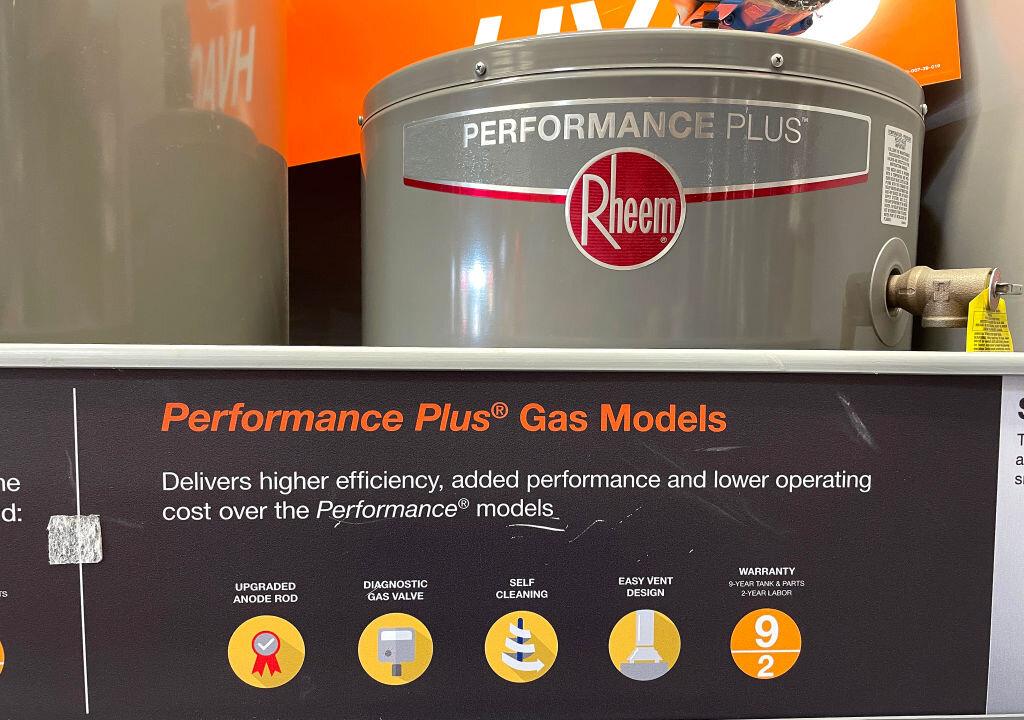Around 90 percent of heat pumps sold in Australia in 2023 were produced in China, the managing director of major heating company Rheem revealed.
During a Senate Committee on Feb. 21, Rheem Australia Managing Director Chris Taylor said the local heating industry was dominated by cheaper imports from China.





